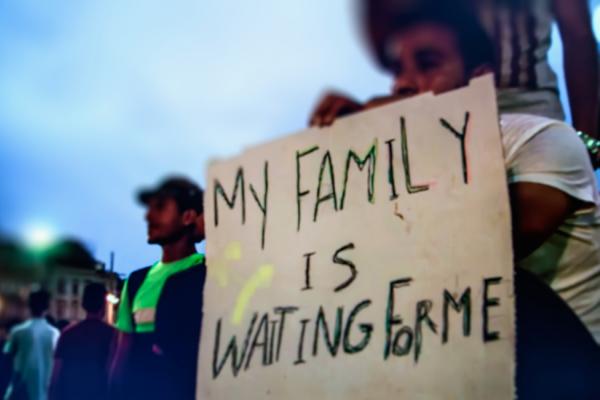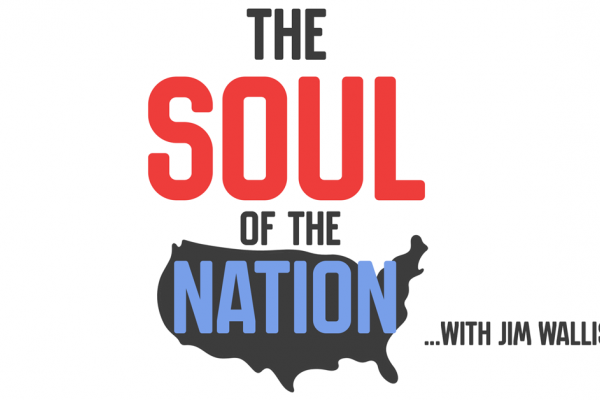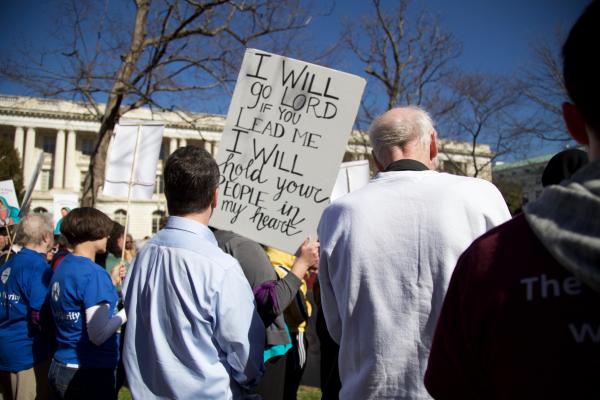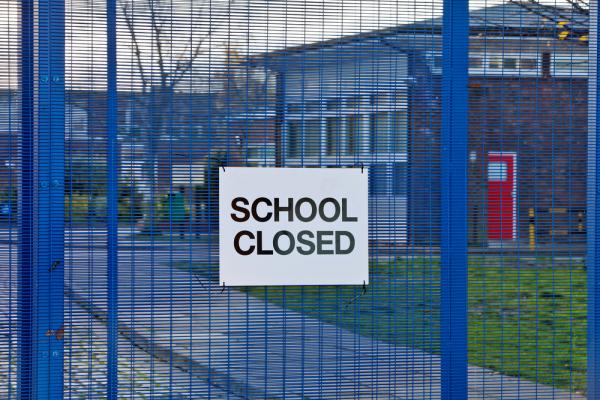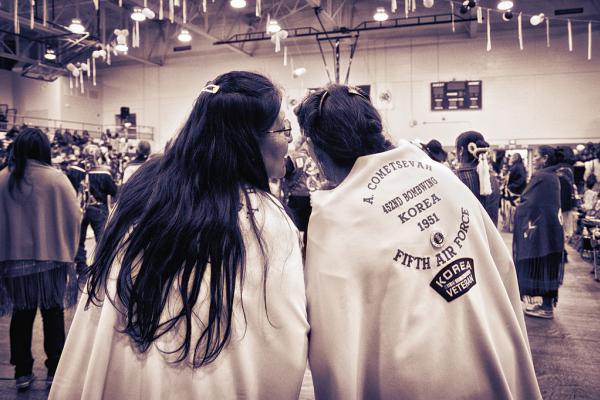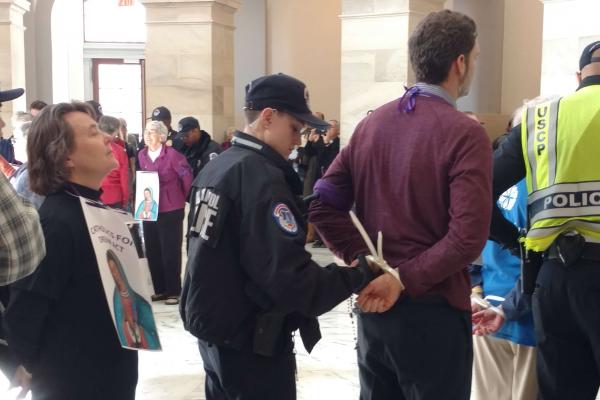Black youth get tired of seeing negative depictions of people of their own race in movies, said Gary, who wore a yellow and brown African dress to the movie showing. “When we found out that this was going to be an epic tale that actually was written by black writers, costumes designed by black costume designers, we were just, like, ‘We have to go see it.'"
Among President Trump’s many concerning stances on U.S. immigration policy is his proposal to end the long-standing family reunification immigration policy, the process by which nearly six out of 10 Asian immigrants enter the United States.
The Apostle James tells us, “Faith without works is dead.” That is why Jim Wallis is calling for a national church boycott of the National Rifle Association to give life to the thoughts and prayers we send the friends and families of the victims of mass gun murders. By making enormous financial contributions to politicians on the one hand and bullying those politicians who support common sense gun safety laws that are overwhelmingly approved by the vast majority of Americans, the NRA has perverted our democracy and thwarted the will of the people at the expense of the lives of our children while they attend school.
Each holy sacrament — baptism, eucharist, confirmation, reconciliation, marriage, holy orders, anointing of the sick — is a way for Catholics to show that we are with God, and God is with us. And we are with each other.
In this environment, it has been easy to overlook what in any normal week would be a top story. Since Feb. 22, West Virginia public school teachers and employees have been forcing the state's 55 county boards of education to shut down, citing inadequate pay and climbing health insurance costs. That is every teacher, every public school, in the entire state. Though a strike of this scale is extraordinary, it is not without precedent. In 1990, West Virginia teachers in 47 counties stopped work and earned an across-the-board $5,000 pay increase for teachers throughout the state.
A feat of elegant design wowed elite architects and promised to bring education to poor children in Nigeria. Then it collapsed.
10. Martin Luther King Jr. Mourns Trayvon Martin
I dreamed you whole
and growing into your own
manhood, writing its definitions
with your daily being.
I dreamed you alive, living.
North Dakota alone recorded 125 cases of missing Native American women and girls in 2016, and Sen. Heitkamp has said she suspects the real number is likely higher. The bill is named for Savanna LaFontaine-Greywind, of the Spirit Lake and Turtle Mountain Chippewa Nations, who was found dead in Fargo, N.D., in August 2017. She was murdered by two non-Native residents of Fargo, who forcibly removed her unborn baby from her womb before she died.
The Heretic, a new documentary about controversial author and thinker Rob Bell, offers a new image of Christianity and faith. The film traces Bell’s work since the release of his hair-raising book, Love Wins: A Book About Heaven, Hell and the Fate of Every Person Who Ever Lived, which questioned the damnation of human beings to hell.
Earlier this week, I participated in civil disobedience for the first time. Forty Catholic sisters, priests, and other lay Catholic advocates were arrested in the rotunda of the Russell Senate Office Building in solidarity with young undocumented “Dreamers.” These immigrants, brought to this country as children, are living in fear of deportation after the Trump administration ended an Obama-era program that offered them protection. Congress now has to find a solution. About a third of all House members, including Speaker Paul Ryan, and a quarter of senators are Catholic. More than a 100 Catholics, including Dreamers, showed up for a rally and press conference outside the Senate building, urging lawmakers to act.
A controversial Department of Labor proposal could cost service workers billions of dollars in tips, experts say — and female service workers would be hit the hardest. The proposal has met harsh criticism, and earlier this month, the agency’s inspector general announced his office is reviewing allegations that Labor officials buried unfavorable economic analyses of the plan.

